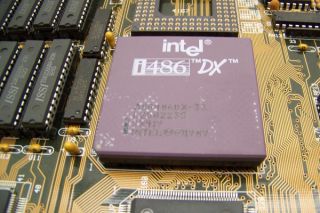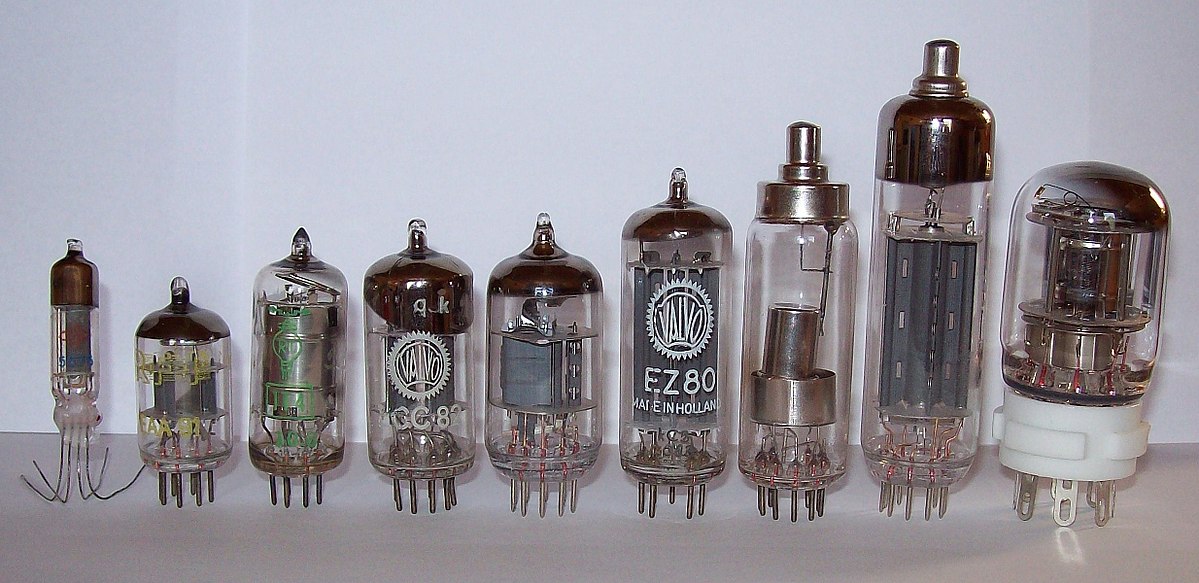
I just did a bit of a research on transistor count. Transistors can act as either like switches or amplifiers that makes our computer devices work in general.
- - In 1994, my dad bought our family's first PC with an Intel 80486 DX processor which had a transistor count of 1,180,235.
- - In 2002, I assembled my first PC with a Pentium 4 CPU clocked at 1.6 Ghz. This has about 42,000,000 transistors.
- - Presently, my phone has about 5 billion transistors on a single Kirin 970 SoC*. This is all inside a 10-nanometer chip.
*The difference between an SoC (System on a Chip) and a Processor is that, an SoC contains the CPU, the GPU, RAM, LTE and WLAN Modem and other components on a single chip. So therefore, an SoC contains a processor or plainly speaking, an SoC already has a processor inside. The opposite is false!
The trend of shrinking IC sizes and stuffing them with more transistors inside makes the future of computing devices a little bit more exciting, don't you think? While we might think that we're going to build a machine that thinks like a human being, I think that we're not gonna get there just yet. A human brain contains about 100 billion neurons. Each of our neurons has about 1000 connections. Each transistor contains only 3 connections, and perhaps you can't really recreate a human brain with transistors alone. The human brain's much more complicated than that.
And of course, maybe my grandfather's going to mention vacuum tubes during the days of the first black and white TV sets. Before transistors, there were vacuum tubes. There were used on old TV's and radio sets. They used to be big devices until the invention of transistors. Transistors led to the development smaller devices powered by Integrated Circuits or IC's. These IC chips are what's inside your iOS or Android phone right now.

Here's what a vacuum tube looks like. They're kinda big, aren't they? They heat up a lot too.
IC's were Perhaps if you can recreate your phone's functionalities during the 50's using vacuum tubes alone, you'd take up space that's about a size of city and you'd have to replace some blown tubes from time to time. By the way, it was Jack Kilby who invented the first working IC on 1958. Now, IC's make a huge part of 21st century living.
Alright, I'd had enough of geekiness and history. Just take the time to learn to appreciate how your device works. Don't take your gadgets for granted. :)